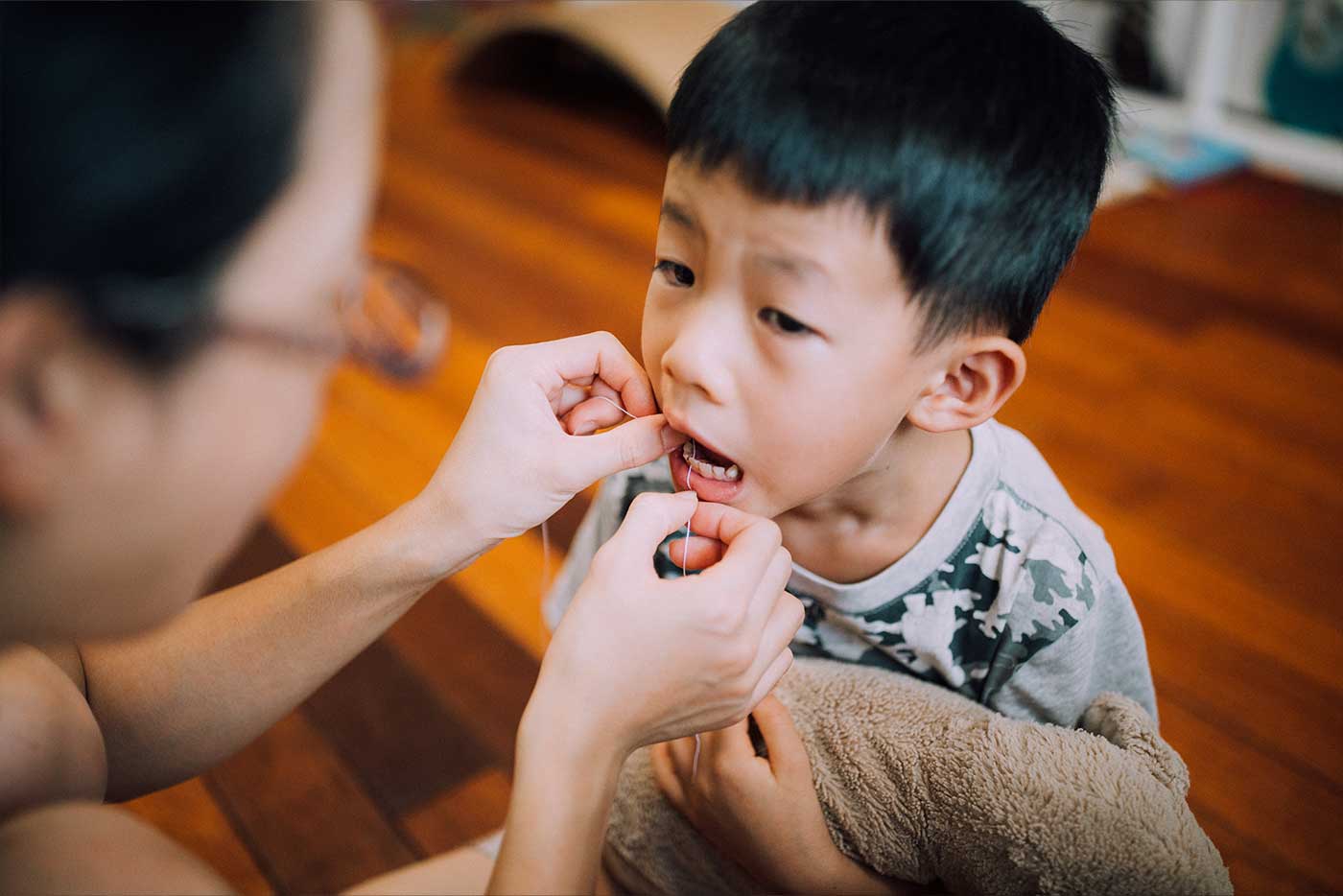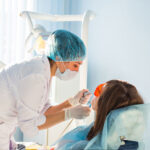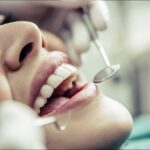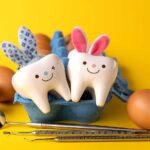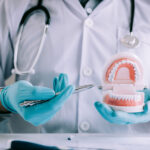If you have tooth extraction surgery coming up, you may be a little nervous as to how you’ll take care of the wound in the surgery’s aftermath. Thankfully, there isn’t much you need to do to ensure a full and swift recovery. In the days and weeks after the oral surgery, the main thing you’ll need to remember is that you can’t necessarily eat whatever you want. The texture and temperature of the food you consume during this time can have an impact on your immediate pain and comfort levels, as well as the wound’s ability to heal in the long-term. To ensure that things run as smoothly as possible, you should make calculated decisions as to what you eat and how you eat it for at least a week after oral surgery.
Best Foods to Eat After Your Tooth Extraction
For at the least the first 24 hours after a tooth extraction, you should only eat soft foods and liquids. For a few days after that, stick to foods that are really easy to chew, and then ease into a normal diet once you feel ready to do so. When you’re fresh out of the dentist’s office, it’s good to begin with cool foods like jelly, yoghurt and ice cream. If you choose to eat ice cream, make sure it’s the kind that doesn’t have little crunchy or chewy pieces, and avoid cones. You might also like to try a smoothie, some hummus, or cottage cheese. Cold foods are nice because they can have a soothing effect on the wound. Applesauce is also a great choice because it will add some much-needed fibre to your diet.
After the first day, you can move on to slightly more challenging foods. These might include blended soups, scrambled eggs, avocados, oatmeal or pancakes, as well as mashed potatoes, sweet potatoes, pumpkins or bananas. You could even eat some salmon or broths with small, soft bits of meat in them. While many of these foods taste best hot, you need to make sure they’re lukewarm in temperature so as to avoid irritating the wound. As the wound begins to heal, you can slowly attempt other types of food, and eventually return to your usual diet.
Foods to Avoid Until Your Mouth Has Healed
Once you’ve had a tooth extracted, you’ll need to wait about a week before eating hard, crunchy, chewy, or brittle foods such as chips, nuts and popcorn. Tough cuts of meat will also be difficult to chew, so you may have to get your protein elsewhere. It is also important to avoid consuming alcohol for at least the first 24 hours after oral surgery. If you’re required to take powerful pain medications after your surgery, make sure you don’t drink any alcohol until you’re no longer taking those medications.
Tips For Eating After Having Your Tooth Extracted
There are a few things you can do to make eating easier in the aftermath of your tooth extraction surgery. Once you start eating chewable foods, make sure to only use the side of your mouth that isn’t wounded. This is easier said than done, so take it slow and be cautious. When it comes to liquids—of which you’ll be consuming a lot in the first 24 hours especially—you might be tempted to use a drinking straw. While this might seem like a smart move, suction from the straw can actually dislodge the blood clot and extend the time it takes for your mouth to heal.
Be Patient and Trust Your Gut!
While the rules we’ve outlined here are approved by dentists, they are still essentially guidelines. Pay attention to your pain and comfort levels as you slowly allow your mouth to heal from surgery. If after a week you still feel that you can only handle pretty soft foods, don’t put pressure on yourself to return to your normal diet. At the same time, don’t try to rush the process simply because you’re craving something crunchy, or because you’ve gone out to dinner. Pushing yourself will only lengthen the healing time required by the wound. Keep in mind that your mouth will get better eventually—you just have to wait it out!
